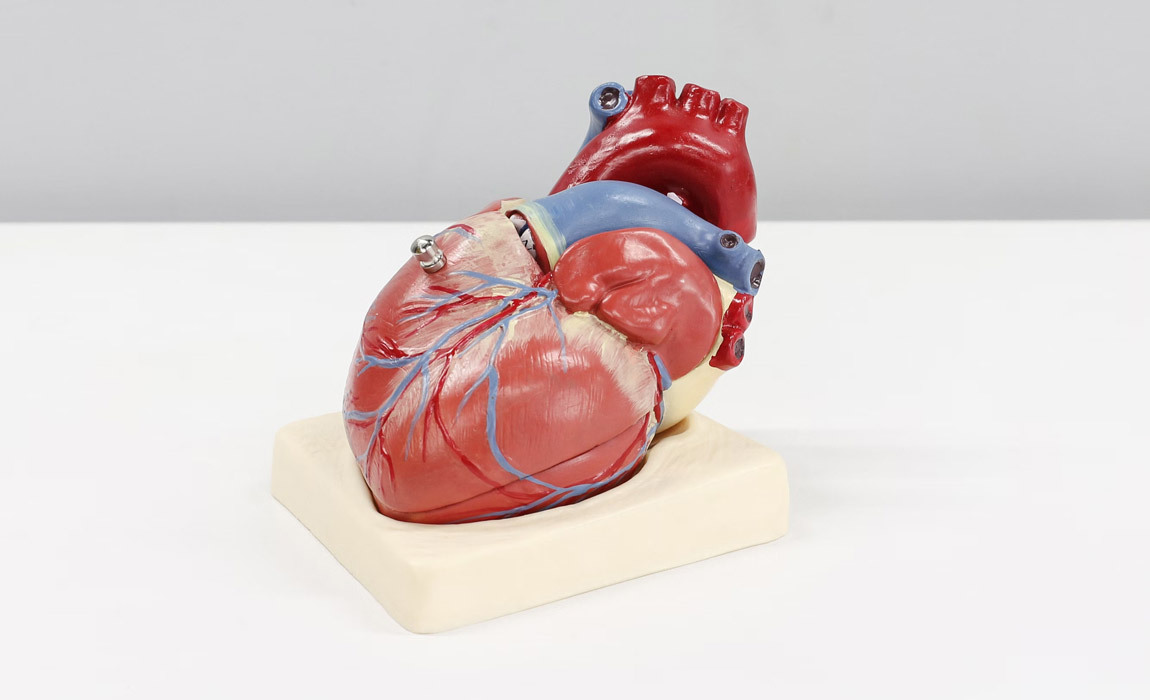Heart disease is the number one killer of men in the United States. It is also one of the most preventable diseases. Despite this, many myths about heart disease persist. These myths are causing men to make bad decisions about their health and put their lives at risk. In this blog post, we will debunk some of the most common myths about heart disease. We hope that by doing so, we can help improve men's health nationwide ... and around the world!
There are a lot of myths relating to heart disease that are hurting men's health. We already have a lower life expectancy than women and while much of that is due to men working more dangerous jobs --- ignoring health issues is a major factor too! Let's take a closer look at the prevalence of heart disease in men and some of the factors that contribute to it. We will also discuss some of the myths about heart disease that men commonly believe. Finally, we will offer some tips on reducing your heart disease risk.
Heart disease is the leading cause of death for men in the United States. In fact, one in four men will die from heart disease. That's even greater than cancer, which represents 22.5% of the male deaths in the United States. This is a startling statistic, but it's essential to understand the factors contributing to men's heart disease.
Even more remarkable is that the next two causes of death aren't even close - Unintentional Injuries at 7.4% and Chronic Respiratory Diseases at 5.2%.
Heart disease is very important for men of all ages to discuss and know risk factors and ways to reduce their chances of developing heart problems.
Risk Factors For Heart Disease
Several risk factors for heart disease are more common in men than women. For example, men are more likely to have high blood pressure, high cholesterol, and diabetes. Men are also more likely to smoke cigarettes and to be overweight or obese. Also, men are more likely to have a family history of heart disease. All of these risk factors can contribute to the development of plaque in the arteries, which can lead to heart attacks and strokes.
In addition to these physical risk factors, some lifestyle choices can increase your risk of heart disease. These include eating an unhealthy diet, not getting enough exercise, and drinking too much alcohol.
Myth: Heart Disease Is More Common Among Black and Hispanic Men Than White
Heart disease is the leading cause of death among men of all races except for Non-Hispanic Asian or Pacific Islander (cancer 25.7% edges out heart disease 22.5%). However, heart disease has a slightly higher percentage among Non-Hispanic White 24.8% men than Non-Hispanic Black, 23.7%.
It may be conventional wisdom that white people have more money, better diets, and may be more highly educated and have better access to quality healthcare but with heart disease, that's not the end of the story. While some of those factors may be true - heart disease doesn't care about race. It affects us all!
Myth: Heart Disease is a Woman's Disease
One of the biggest myths about heart disease is that it is a woman's disease. This myth is perpetuated by the fact that women are more likely to survive a heart attack than men. However, this does not mean that heart disease is not a serious threat to men. In fact, as we mentioned earlier, men are more likely to die from heart disease than women.
The reason why this myth persists is that symptoms of heart disease often differ between men and women. For example, chest pain is often seen as a classic heart attack symptom. However, women are more likely to experience other symptoms, such as shortness of breath, nausea, and fatigue. This can lead to the mistaken belief that heart disease is not as serious for men.
Myth: Heart Disease is Only For Older Men
Another myth about heart disease is that it only affects older men. This is simply not true. While the risk of heart disease increases with age, it can affect men of all ages. In fact, one in three men who die from heart disease is under the age of 65. This myth is particularly dangerous because it can lead to a false sense of security in young men. It's vital for all men to be aware of the risks of heart disease and to take steps to reduce their risk, regardless of their age.
Myth: Heart Disease Runs In My Family So I Can't Avoid It
While there are hereditary factors that lead to cardiovascular disease and social conditions such as stress, food choices - that doesn't mean heart disease is inevitable.
Some men may indeed be at higher risk based on those factors but with careful management, there are many ways that you can reduce your risk of suffering from the worst outcomes.
How Men Can Reducing Their Risk Of Developing Heart Disease
You can do several things to reduce your risk of heart disease. First, you should eat a healthy diet that includes plenty of fruits, vegetables, and whole grains. You should also get regular exercise and avoid smoking cigarettes. If you drink alcohol, you should do so in moderation. Medication can also help, like blood thinner medications, statins, and beta-blockers. If you are concerned about your risk of heart disease, talk to your doctor. They can help you assess your risk and make recommendations for reducing it. Remember, heart disease is a serious condition but also preventable.
Following these tips can reduce your risk of heart disease and live a healthier life. Heart disease is a serious problem affecting millions of men every year. Don't wait until it's too late to take action. Instead, start making healthy choices today!

